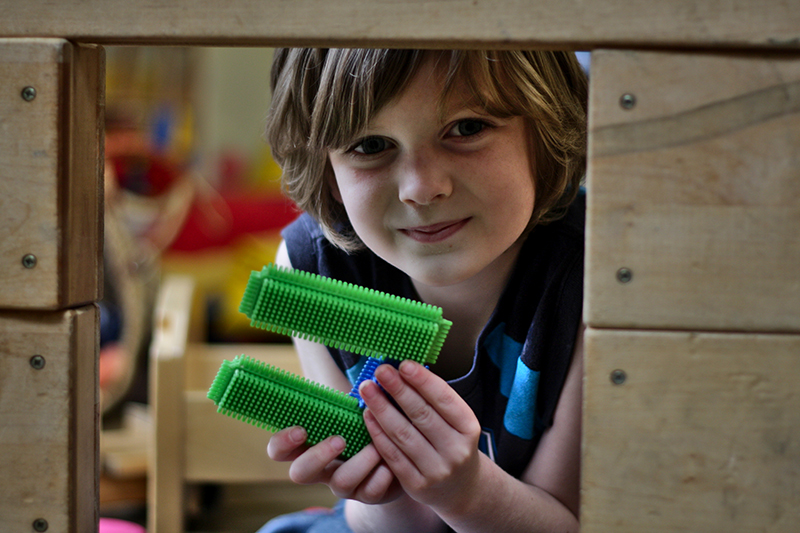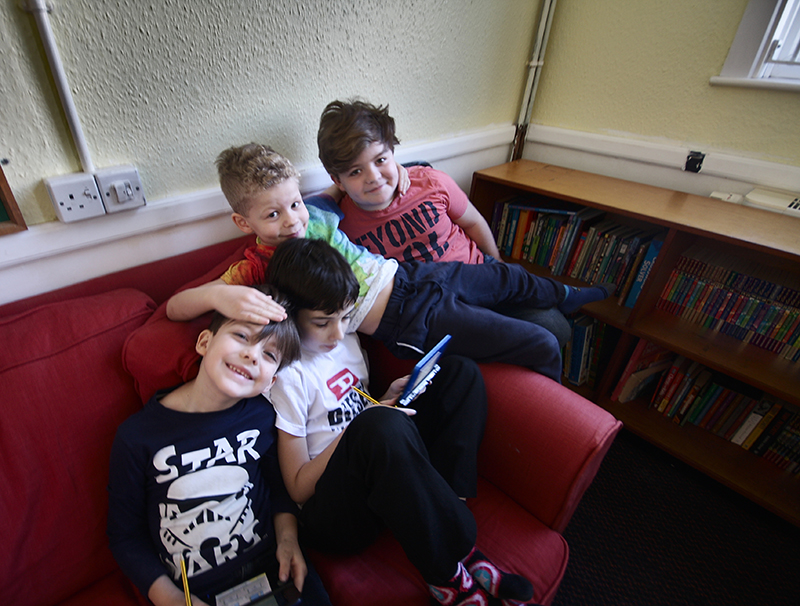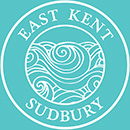“There were never any slaves in Egypt. The story of the Israelite captivity in the book of Exodus is a myth.” Thus spoke the infallible RE teacher in one of my lessons at secondary school. I think I was about 11. Having grown up in a church as the daughter of a pastor I was perturbed by this unsubstantiated statement. I wanted to know how he knew that. Had it been disproved by an archaeological discovery? Was it contested by other historical sources? He had challenged my beliefs and it was important to me to know more, but it was stated briefly, left unjustified, and quickly moved on from, and in a formal lesson with about thirty other students that might laugh at me if I said the wrong thing, I felt unable to ask.
Later on at home I talked to my parents about it and they just happened to have a relevant documentary that they had recorded from the TV. I watched it intently. It went into ancient history and biblical archaeology and Egyptology and involved a number of interviews with academics involved in relevant fields of study. The consensus on the presence of the Israelites in Egypt and their oppression there was that the jury is out. It is very difficult to prove or disprove the accuracy of an event reported to have happened millennia ago, and the opinions of academics were divided based on various evidence, so it could not be categorically stated whether the event did or did not happen.
I found this all very fascinating, but the question most burning in my mind afterwards was why my teacher had made this statement at all. Did he know something that the experts didn’t? Was he mistaken? Or was he trying to push his own agenda? I think this was probably my first experience of having my faith put down by a teacher without opportunity of discussion, but it was certainly not the last.
I speak from my own experience as a Christian in the mainstream school system, but I wonder if my story will sound familiar to people from other subsets of society. It has often been the case throughout history that minority views are routinely dismissed without discussion, or even ridiculed or demonised by the established system, be that education, governance or religious institution. It is also sadly true that little or anything ever really seems to be done to challenge this.
But if mainstream schooling can be overly dogmatic and dismissive of different ideologies and value systems what are the alternatives? Should families practicing faith home educate to avoid scathing criticism and discrimination? What about sending their children to a faith school? These may be the best options available for some families, but lack of exposure to other opinions can be stifling and perpetuate the problem of segregation in society. So what about democratic education? Does this non-conventional approach have anything to offer to families in this predicament? I suppose it depends on each family’s individual approach, but I can say that for my family, the Sudbury model works well because of its unique approach to education.

Some may consider it ironic that growing up in a church and attending one of the top grammar schools in the area it was at church and at home that I felt most encouraged to challenge and ask honest questions of what I was being taught. My dad and the pastor of the church I attended as a teenager both often cited Acts 17 v 11 which describes the attitude of the people in a town called Berea when they first heard the Christian message. It says:
“These were more noble than those in Thessalonica, in that they received the word with all readiness of mind and searched the scriptures daily, whether these things were so.”
The people here are commended in the Bible for NOT taking what they heard on blind faith, but looking into it on their own initiative, researching, making sure they weren’t being duped. My dad often used to say to me growing up, “Any time I, or one of your teachers, or anyone else in a position of authority tells you that something is true, always remember that they could be wrong. Look into it yourself, ask questions, but never take anything you’re told entirely at face value.” I tell my children the same thing today, and it is directly thanks to these values, and I believe in accordance with my Christianity, that my children attend a Sudbury setting, although it is in no way Christian or religious in approach.
Sudbury model settings are not, and neither will they ever be faith schools. Neither are they atheistic, humanist or directly affiliated with any one particular political ideology or philosophy save those of democracy and self-directed learning. Though individual staff members and students may have strong personal opinions and beliefs, they cannot force them onto anyone else. Everything is open to discussion and there are no questions that cannot be asked. This flies in the face of conventional schooling, but is a breath of fresh air to anyone who wants to foster free thought and an all-round understanding of the world and the people in it.

Sudbury model settings are safe places to learn and ask and think about serious life questions without dogmatic adults, coercion, ridicule or scorn, because the Sudbury model recognises that we are all on a journey of discovery and none of us have all the right answers. Integration of families with different religious and philosophical backgrounds is an important part of that journey, and everyone is welcome provided they can be held accountable for their actions and respect the freedom of others. This integration is not the same as a pluralistic insistence that all beliefs are equal or that there is no such thing as absolute truth, the assertion of which might shut down or impede fair debate, although these ideas among others may of course be discussed. It is simply an honest, grassroots approach to learning and discussion that says “let’s talk about what we think and see if we can learn more about this.”
I suppose the question I would ask to a family from a faith background considering a Sudbury education would be “Do you trust that given the tools to follow the things that matter most to them, in an environment consisting of people from diverse backgrounds, yet free from coercion or control, your child will come to a deeper place of personal understanding of life, faith and the world around us?” It is a difficult question, particularly when we hear reports of up to 90% of children from church families abandoning Christianity by the time they are adults. But I can’t help but wonder whether the confusion and disparity of being torn between two dogmas is often the root cause of this, while being given more freedom to search out and explore their faith on their own terms early on might have had a different result.
When I was eighteen and getting ready to go to university a youth leader at my church said to me: “As a Christian you never need to be afraid of questions, or having what you believe challenged. If what we believe is true then it will stand up to scrutiny and if we’re wrong about something we need to be humble enough to change our minds. Even though we might not have all the answers, we trust that they are out there, ready to be found.”
For me this is what faith is all about, a continual searching, growing belief that I hold to something worth keeping. While some children might feel cloistered by the faith they are brought up in and run a thousand miles from it the instant they leave home, or spend their lives living in a kind of religious seclusion, afraid of being challenged, I hope mine will feel comfortable to continually challenge and ask and learn and develop their beliefs until each is able to make a fully informed decision about their own personal relationship with faith and Christianity. I hope they will be equally be able to hear and respectfully discuss opinions that differ from their own without feeling threatened or unjustly offended. Then they will able to practice what they believe with the sort of joy and confidence that other people see and want to learn more about. What better place for them to learn this than East Kent Sudbury?
